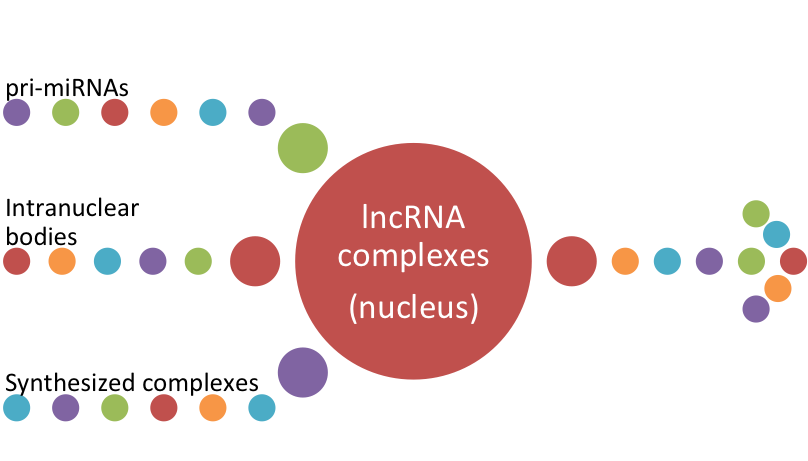Life Insurance After Cancer Diagnosis
A diagnosis of cancer, no matter how mild, turns peoples’ thoughts to those they love. And concern for loved ones sometimes brings up thoughts of life insurance.
Can people get life insurance while or after having cancer? That is the subject of this factual article. While this is instructional and does not deal with the emotional upheaval of dealing with cancer, please know that my heart goes out to anyone in that position, and to their loved ones. I hope this resource is helpful.
I. They have no existing life insurance
A. Before checking on buying life insurance, cancer patients and survivors should check to see if they already have coverage of which they were unaware. Sometimes parents have policies on children that they never told them about. Sometimes there are policies included in one’s employment package. If there is existing life insurance, read ahead to II.
B. Determine if life insurance is needed.
1. For persons with no dependents and plenty of money, life insurance may not be necessary. They should keep in mind that medical bills and lost work may eat at savings. But it is their choice and they have the right to choose.
2. If even a small policy would be a big help to dependents, pay important bills, or provide for final expense needs, then cancer patients or survivors should buy the life insurance. There is no reason to wait, as I will explain here.
a. In the first year after diagnosis, persons with cancer will need to go with Guaranteed Issue Life Insurance, if they are of the age group who can get it. It will not require an exam or medical records. The maximum face amount is usually $25,000 but they can get more than one policy when using different carriers.
Guaranteed Life is usually graded for 1-3 years, which means it won’t pay the full death benefit until the graded period is over. However, it always pays out more than what was paid into the policy. Getting it right away starts chipping away at that graded period, and soon it will pay 100%. There is always the chance to replace with a lower priced policy later on.
b.One to five years of being cancer free may offer the opportunity of getting Simplified Issue Life Insurance. This may be graded or it may pay 100% of the death benefit from day one. Simplified life insurance will not require an exam, but could entail a phone interview. Rarely, the carrier will order medical records.
When cancer is of a low stage or a type that has good cure rates, medically underwritten life insurance may be attainable at this time. Medically underwritten life requires an exam and medical records. Face amounts are generally not limited for health reasons. Sometimes the carrier will add on a flat extra, which is a fee that stays on for a number of years and then drops off.
c. Five years after their last cancer treatment, most people can get Medically Underwritten Life Insurance without a flat extra. Some exceptions may be if there two or more occurrences of cancer, cancer that was very advance or is very hard to treat, etc. Even if medically underwritten coverage is unavailable, there are many more simplified issue policies to choose from after 5 years of being cancer free. Cancer survivors should still use an agency that specializes in impaired risk life insurance to shop for coverage at this time, as prices still can vary a lot between carriers.
Applicants can help get their best rate when they provide pathology reports, work with the agent to find all medical records, and have follow up medical tests completed.
II. They have existing life insurance
A. Whatever they are paying for existing life insurance, this is going to be the best rate most people can get for a while. So it is important to keep the policy from lapsing.
B. For those who have Term Life that may be coming to an end, it may be possible to convert the policy to permanent insurance. Some Term policies can be continued beyond the term at a higher premium. Policy holders can contact their agent, or any agent they trust, to assist them with that.
C. If there is life insurance through work, employees should check to see if they can keep it even if they are off work for a time, or leave their job.
Anyone who has cancer now, or had it in the past, is welcome to reach out to me for advice. I want people to have the resources to cope with financial difficulties, even if it means helping them adjust or hang onto what they already have.
Peg Mace. CEO Outlook Life, Inc peg@outlooklife.com
866-866-0242 ext 914


Leave a comment
This site is protected by hCaptcha and the hCaptcha Privacy Policy and Terms of Service apply.